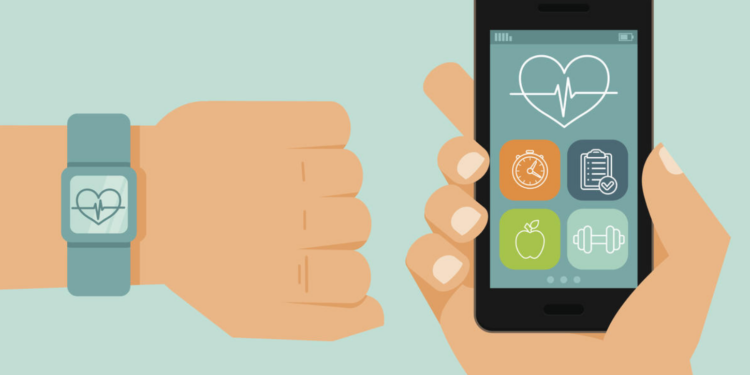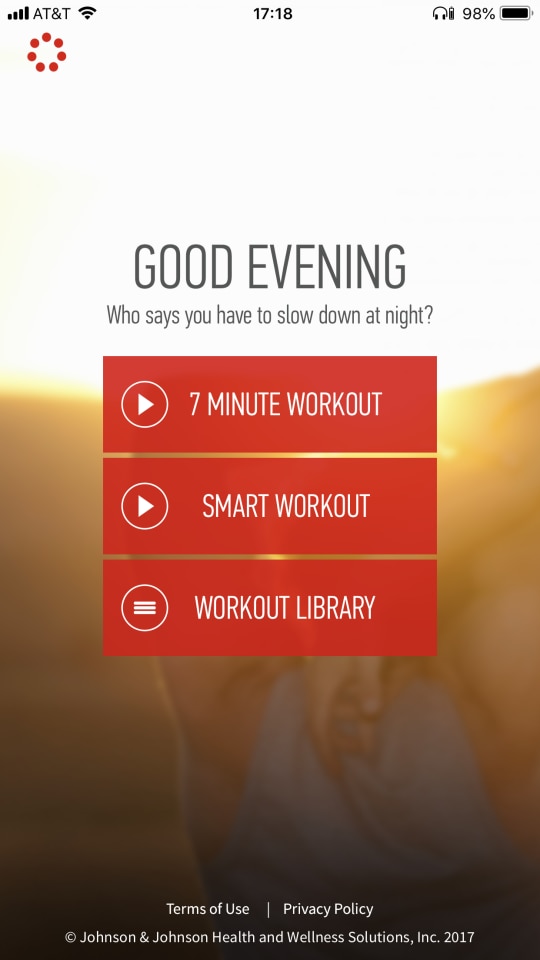Getting in shape can change your life.
Regular exercise is the closest thing to a miracle drug that we have. It can improve your physical health, fight disease, extend your life, boost your mood and memory, combat anxiety and depression, and more. Plus, it just feels good to be fit.
If you don’t already have an established exercise routine, it’s hard to go from intending to work out to actually getting it done. That could be one reason why more than 75% of Americans don’t get enough exercise.
If you’re trying to figure out how to start a fitness routine or looking to track your fitness journey, apps can help.
No single app is perfect, but depending on your goals, free fitness apps can help you build strength, get better at running, and improve your stretching or recovery.
For a study published in the Journal of Medical Internet Research in 2017, a team of researchers analyzed how well 28 different fitness apps matched the exercise guidelines of the American College of Sports Medicine (ACSM). The 28 apps were chosen because they’d been reviewed before in a previous study on fitness apps, and were selected from the more than 100,000 health- and fitness- apps available.
In general, the government’s recommended physical activity guidelines call for healthy adults to do at least two and a half hours of moderate-intensity activity — or 75 minutes of vigorous-intensity activity — per week, along with muscle-strengthening exercises at least twice a week.
The ACSM takes guidelines for exercise programs a few steps further, stating that all workout programs should include safety precautions, warm-up, conditioning that includes strengthening, and cool-down. Plus, they say programs should progress at a safe rate for each individual, and that workout programs should include components of aerobic fitness, strength and resistance exercise, and flexibility.
A comprehensive program that does all of that is a lot for any app — many apps don’t include full safety precautions, warm-ups and cool-downs, or all the details that a novice might want to know. Plus, most apps focus on one aspect of fitness, like getting stronger or building running endurance.
That’s why no app in the study scored more than 35 points out of 70 in the evaluation scale that the researchers devised. (Apps could receive 30 points for aerobic fitness guidelines, 30 points for strength and conditioning guidelines, and 10 points for flexibility guidelines.)
But a few of the top-scoring apps can serve as a good guide to overall workouts or for more targeted goals like building aerobic endurance, strength, or flexibility. All these apps guide users through exercises, offering videos that show how to perform moves and voice guidance to signal when it’s time to change pace or position.
Here are the best choices, according to the research.
1. Best overall score: The Johnson & Johnson Official 7-Minute Workout
What it is: The Johnson & Johnson Official 7-Minute Workout app was designed by Chris Jordan, Director of Exercise Physiology at the Johnson & Johnson Human Performance Institute. It’s designed to meet the American College of Sports Medicine’s fitness guidelines, and includes both aerobic and strength-training exercises done in the style of a quick, fitness-building interval program.
Best for: Beginners. This app ranks very highly on safety, making it a great choice for beginners. It provides an effective full-body workout that can help people meet fitness guidelines, but doesn’t particularly excel in any one area. So anyone seeking a more specialized, less general program may want to look elsewhere.
Relevant scores: 16.3 out of 30 for aerobic training; 17.2 out of 30 for strength training





Discussion about this post